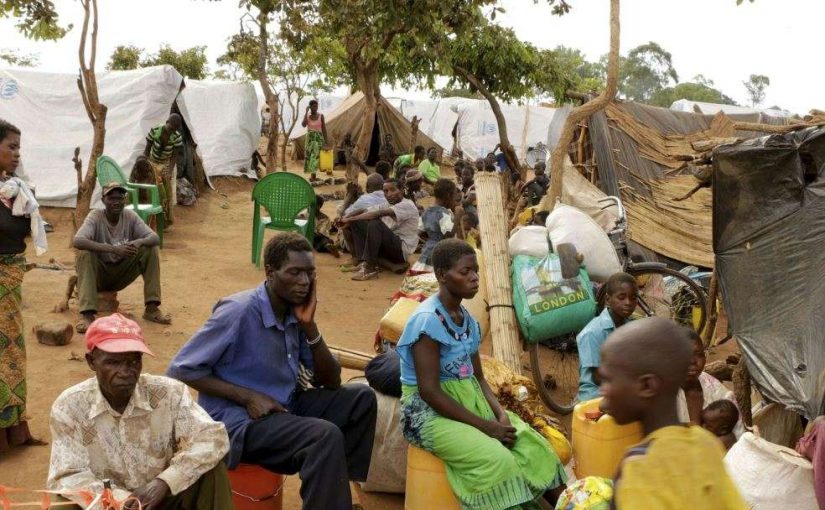Mozambique will, this year, rebuild 104 health units affected by cyclones - government
Riots in Mozambique are a reflection of unresolved social problems – anthropologists

Voa Portugues (File photo) / For illustration purposes only
Mozambican anthropologists argue that popular rebellion against state institutions seen in the country recently reveals a perceived “breach of social contract”, and warn of the consequences of a “simplistic reading” of the phenomenon.
“The ‘bloodsucker’ seems to be a figure created by a discontented populace, symbolising a local government that cannot create the conditions for dignified life,” Mozambican anthropologist Segone Cossa postulates.
Two people were killed in riots on Thursday night in Gilé, Zambezia province, according to state information agencies.
The populace set fire to the administrator’s residence, vandalised several public buildings and confronted the police, claiming the authorities were protecting ‘bloodsuckers’ – people who use special tools to steal blood from others.
Cossa says generalised poverty leads people to associate the few cases of prosperity with superstition, which is why attacks are directed against those with some status.
“They accuse of being a ‘bloodsucker’ anyone who is a ‘foreigner’ or who has more property, reasoning that such a person only has property because he or she steals the luck of the community by night using witchcraft,” he explains.
On the other hand, the phenomenon can also be perceived as a “complaint about realities not covered by legislation”, and indicating a feeling that local knowledge is not being valued.
“This knowledge diagnoses certain social problems,” he explains, noting that it is shock for residents when, for example, they go to the police to complain about a phenomenon, and the police in response designate it mere superstition.
“It is the claim for a glossary” that “respects these popular conceptions,” he notes.
Another Mozambican anthropologist, Tirso Sitoe, recommends caution in interpretations, saying that simplistic conclusions cannot be drawn about a social phenomenon.
“It amazes me that, up until now, we have not heard anything from the traditional authorities or traditional chief. No-one from the locality has gave his or her version. All we have is the police version.”
Sitoe says the episode reveals the inability of the state to respond to community problems, and attacks on government institutions are “strong proof” of this.
“Simply saying that this is a rumour is not enough. This statement does not have in itself a model of explanation about a particular social problem that has to be solved. We need to understand and demystify the issue at the local level,” he concludes.
Besides the residence of the administrator, who took refuge in a neighbouring district, the population vandalised the police station and the houses of neighbourhood secretaries. The police announced at a press conference on Thursday that they would “crack down violently” on any and all public order disturbances.













Leave a Reply
Be the First to Comment!
You must be logged in to post a comment.
You must be logged in to post a comment.